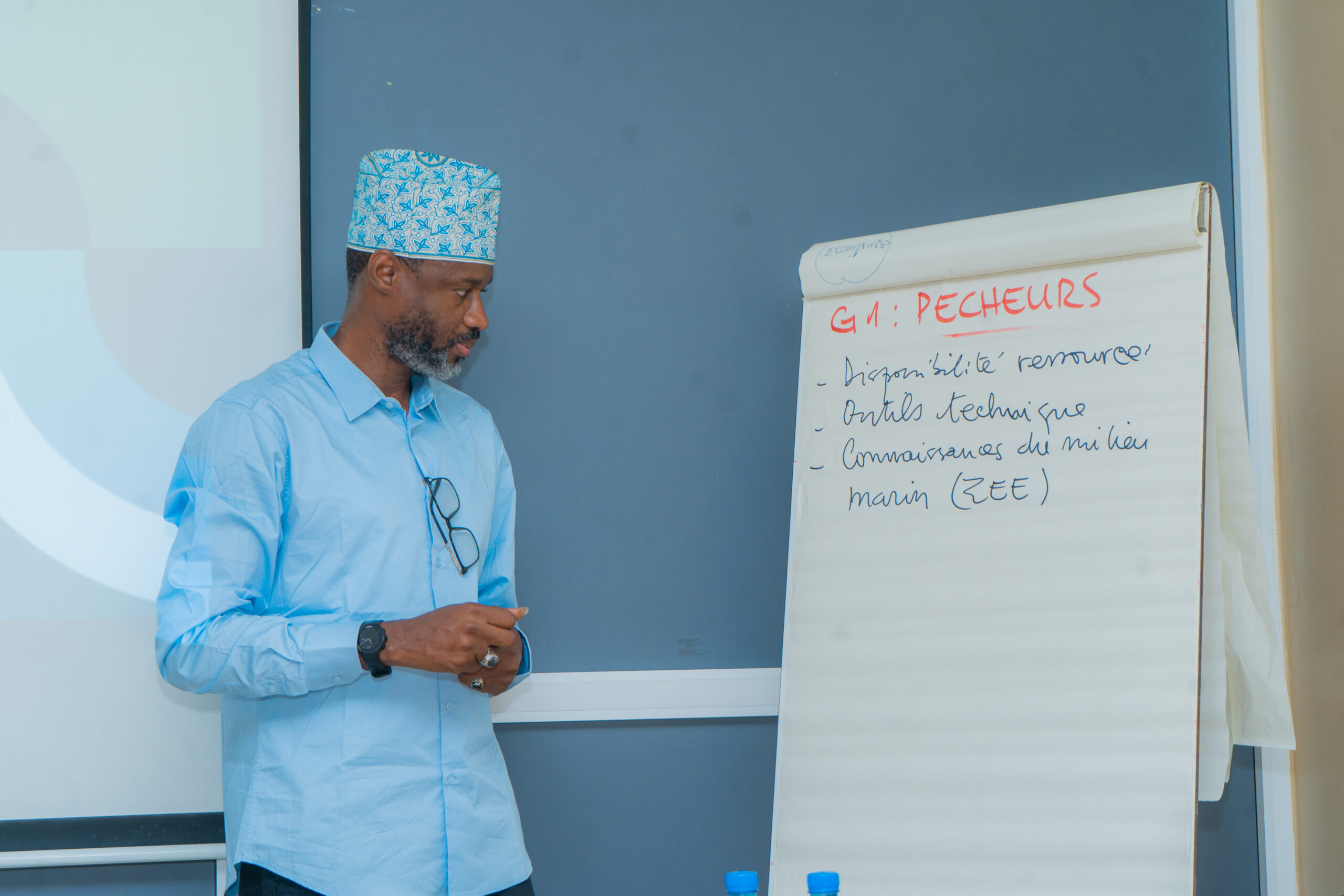STRENGTHENING FISHERY VALUE CHAINS IN AFRICA:INSIGHTS FROM A MULTICOUNTRY INITIATIVE – Traditional fishing in Africa is crucial for food security and the economy of many coastal and inland communities. Despite challenges like overfishing and industrial competition threatening biodiversity, it remains vital to African culture and economy. Over the past two years, E4Impact, a social change organization committed to empowering a new generation of African impact entrepreneurs, has deepened its understanding of the blue economy, focusing on the socio-economic dynamics within local communities. Supported by the Italian Ministry of Foreign Affairs and together with CIHEAM Bari, E4Impact launched two multi-country projects in Senegal, Uganda, and Tanzania to strengthen traditional fishing through entrepreneurship and public-private dialogue.
The first project, “Blue & Green,” trained local municipal officers in Dakar and Kampala on the challenges and opportunities of the sector, from a global perspective down to local issues. This initiative built trust with public partners, such as the Municipality of Yoff in Senegal and Kampala Capital City Authority (KCCA) in Uganda, leading to the co-design of a second phase aimed at local fishing communities.
The subsequent “FISH: Food Industry Strengthening against Hunger” project focused on developing technical and entrepreneurial skills among traditional fishing actors to ensure sustainability and reduce conflict. E4Impact, alongside local public partners, analyzed fish supply chains and engaged Community-Based Organizations (CBOs) in training sessions. The “Training of Trainers” model was adapted to include both public and private actors, ensuring a broader skill transfer.

In March 2024, in Kampala, Uganda, 65 supply chain actors from 22 CBOs across three Lake Victoria fishing sites participated in a two-day training session. They developed 22 business model canvases for their entrepreneurial activities. E4Impact’s on-site team and headquarters’ researchers co-managed the training and coordinated data collection, aiming to support local actors in increasing their bargaining power and market access.
In July, similar activities were replicated in Yoff, Senegal, involving 41 sector actors in a three-day training. Building on these experiences, the initiative will be extended to Zanzibar, Tanzania, in December 2024. The participatory approach has been key to understanding the sector’s challenges and actively engaging stakeholders to keep working together to enhance the local fishery value chains.
In this video, Loise Kamau, E4Impact Uganda Country Manager, and Jude Ayebare, KCCA Fisheries Officer, highlight the key successes of this approach.
STRENGTHENING FISHERY VALUE CHAINS IN AFRICA:INSIGHTS FROM A MULTICOUNTRY INITIATIVE









